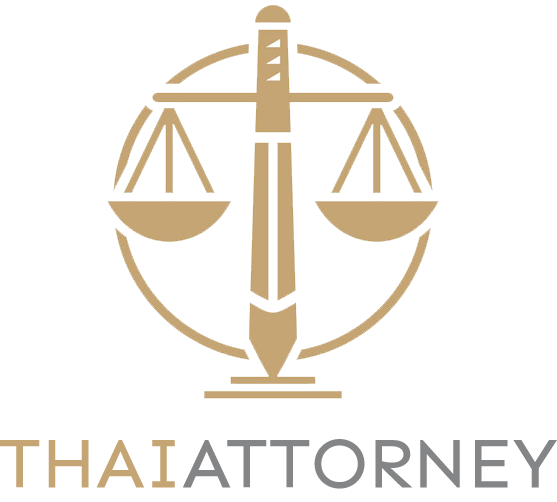Power of Attorney is a valuable legal instrument, allowing individuals to delegate authority for various transactions and situations. It is important to understand the different types and process of drafting a Power of Attorney, particularly in Thailand.
It is also advisable to have a Power of Attorney notarized for additional authenticity and recognition, especially in international transactions.
What is a Power of Attorney?
A Power of Attorney is a legal document that allows an individual to authorize another person to perform specific transactions on their behalf. It can be broad or limited in scope, and it can be either temporary or enduring.
It is important to consult a lawyer when drafting a Power of Attorney in order to ensure that it meets the requirements of the law and is legally enforceable. It should also clearly outline the powers that are being granted to the agent and be in writing. In addition, notarization may be required, especially if the document is being used to perform international transactions.
A Power of Attorney can be used to do many things in Thailand, including buying and selling real estate, managing bank accounts, and renewing visas and work permits. It can even be used to transfer ownership of a property in Thailand through the Land Department, called TD21.
Types of Powers of Attorney
A Power of Attorney is a legal tool that empowers individuals to navigate a variety of personal and business matters effectively. It allows people to delegate decision-making responsibilities to trusted representatives, while ensuring that the principal’s wishes are carried out in the event of incapacity.
Depending on the circumstances, Powers of Attorney can be broad or limited in scope. In general, the document must be written and signed in the presence of witnesses. It is advisable to consult a lawyer when drafting a Power of Attorney, especially for complex transactions or international issues.
Certain government departments require specific POA formats, such as those for purchasing property or dealing with banking matters. These documents need to follow official templates. Notarization and legalization may also be required.
Drafting a Power of Attorney
A Power of Attorney is an essential tool for individuals or businesses who wish to delegate authority in Thailand. Whether it is for facilitating business transactions or managing legal matters, a well-drafted Power of Attorney will provide peace of mind and ensure that actions are carried out with your best interests in mind.
Depending on the type of matter you wish to handle, certain Powers of Attorney follow specific templates. For example, if you wish to transfer ownership of property in your name in Thailand, the Power of Attorney will need to follow a specific form given by the Land Department.
Siam Legal has branches strategically located throughout the country and can provide services for drafting and notarizing Powers of Attorney in accordance with Thai law. Our foreign and Thai lawyers will consult with both the Principal and Agent before drafting the instrument.
Notarization of a Power of Attorney
Power of attorney is a valuable legal instrument to empower one person and delegate authority for specific transactions and actions. It must be properly drafted and complied with the laws of Thailand to ensure it is enforceable. Notarization is also advisable, especially if the document is intended to be used abroad or at certain government offices like for transferring ownership of property in the Land Department.
It is important to note that some POAs for specific matters such as buying a condo and managing banking accounts must follow official templates to be accepted by the government departments. These are non-durable special or limited power of attorneys that are valid only for a specific transaction and cannot be used for any other purposes. The law firm can help to prepare these documents.
Validity of a Power of Attorney
Power of Attorneys are essential legal tools for many types of transactions in Thailand. However, they must be drafted properly to ensure that the principal’s interests are protected and that the document complies with Thai law.
The scope of authority granted can be broad or limited. It can also be temporary or enduring. In any event, it must be in writing and signed by the principal. The presence of witnesses is also typically required to validate the signature. The notarization of a Power of Attorney is an option that can add an extra layer of authenticity and may be necessary for international transactions.
Some government offices have their own standard forms for POAs, so it’s important to check the requirements carefully before preparing one. For example, a POA needed to sell or register ownership of real estate must be prepared using a specific government template.

